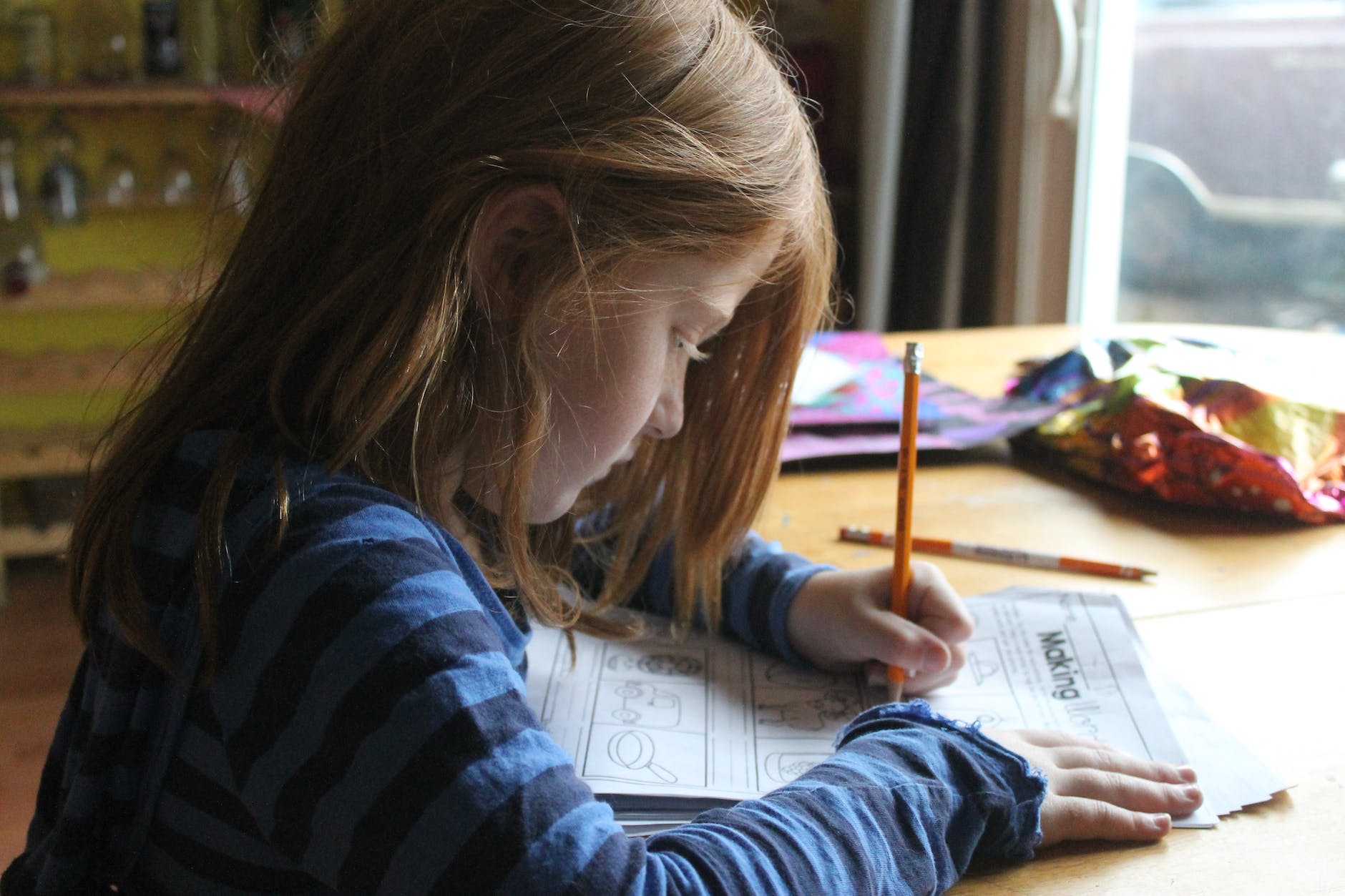Homework. It’s one of the most contentious issues in the primary school yard. Many parents demand more, others less, and teachers and kids are often stuck in the middle.
Recent reports of Australian school children slipping in international measures for literacy and numeracy has fuelled the pro-homework side among parents.
In 2019, Australian students went backwards in the OECD’s Programme of International Student Assessment (PISA) which measures the reading, maths and scientific literacy of 15-year-olds. For the first time we failed to exceed the OECD average in maths.
But is loading up kids with homework, particularly in the early years of schooling, the answer to improving our standing in international rankings as many parents passionately believe it to be?
If recent research is a guide, the answer is a firm “no”. In fact, with the exception of independent reading – which should be encouraged – if homework were a student, it would get an F.
“We know from the research that [homework] has very little value in increasing educational outcomes, especially in primary school,” says parenting author and educator Maggie Dent.
Dent points to a 2014 Victorian Parliament inquiry into the approaches to homework in Victorian schools, particularly focused on student learning, which found “strong evidence and general agreement that homework at the primary school level has little impact on academic performance”.
The inquiry’s report adds, however, that homework “may play an important transitional role in preparing students for secondary school and beyond.”
The poor standing of homework is also backed by academic researchers Mike Horsley and Richard Walker who write in their book Reforming Homework, “homework has no achievement benefits for students up to grade 3 (and) negligible benefits for students in grades 4-6”.
In spite of the research, parents often demand homework from schools. I’ve heard parents express concerns that the school isn’t “pushing” or “extending” their child enough and seeking extra work to compensate.
But the focus on pushing kids could be counterproductive, expecting them to do more than they are physically or mentally capable of doing.
Lecturer in Education at the University of Adelaide Dr Brendan Bentley says that constraints on children’s cognitive load – the capacity to remember and take in information – limits their ability to remember and process information.
“Younger kids have less capacity to hold things in their working memory,” says Dr Bentley. While adults can retain around seven items in short-term memory, give or take two items, children can only retain two or three items.
And that’s the best case scenario. Add running around, remembering your teachers’ and your friends’ names, extra-curricular activities and then even two to three items can be beyond the capacity of young children.
“If you’re really tired, your ability to retain items is reduced,” says Dr Bentley.
And it’s not just the mental load of homework that can overwhelm kids. Children may not be sufficiently physically developed to complete homework tasks that are set.
“I have heard of four-year-old children getting an hour and a half [of homework]. They have to go home and colour within the lines,” says Maggie Dent who says that many children, especially boys, lack the fine motor skills to successfully complete the task.
“That horrifies me. You’re actually asking children to do something that they’re actually not developmentally able to do. And you’re asking them to do it over and over again.”
“We are stealing childhood in the hope that we’re going to have academically bright kids,” says Dent.
There is also the long-term emotional and physical toll that homework can take. It can be a significant source of stress and conflict within the home.
“A lot of parents have realised that when they really sit down and look at what really drives the angst in their home it’s homework. The homework wars are huge.”
That’s not to say that children learn nothing from homework. It just may not be the type of lessons parents are hoping their child will learn. Dent says that homework can instil a loathing of any kind of formal learning.
“Some of the kids are getting 25 new words to do, four nights a week. I’m sorry, that is not how the brain learns,” says Maggie Dent. “All you do is make them hate words”.
Of course, some will point to other benefits of homework, beyond the academic benefits. Homework, so the argument goes, teaches kids time management and study skills while instilling good work habits.
But there’s precious little evidence to show that’s the case. Take time management as an example. Maggie Dent says that in many instances the school sees the completed product, without seeing what went into the activity.
“Some kids take two hours to do what is a set piece of 20 minutes. And then we have perfection-driven children who do the task over and over and over again, to an unhealthy level.”
And if homework only gets done when parents nag, shout or bribe then it is not the child managing time, it’s the parent.
If homework is turning your home into a war zone, Dent recommends having a respectful conversation with your child’s school about what you feel is best for your child and your family. Because, really, what is the point of homework tears, tension and late nights when there is little to no educational benefit?
First published: https://www.smh.com.au/lifestyle/life-and-relationships/parents-want-more-of-it-but-is-primary-school-homework-worth-fighting-for-20200206-p53yaz.html.



Leave a Reply